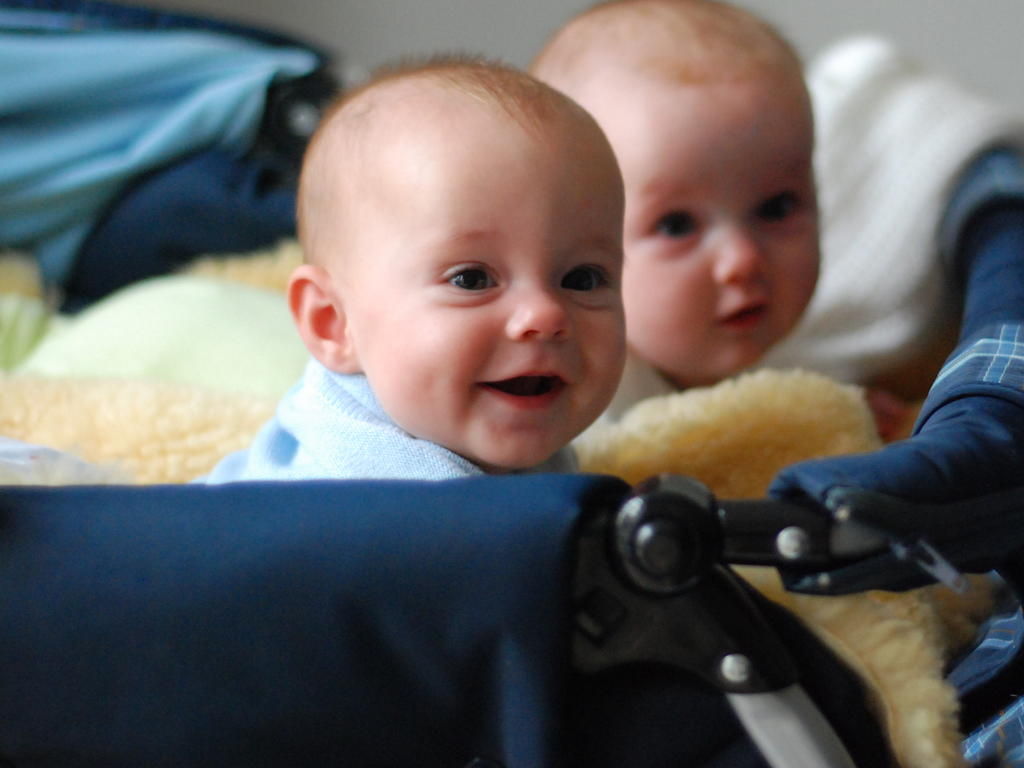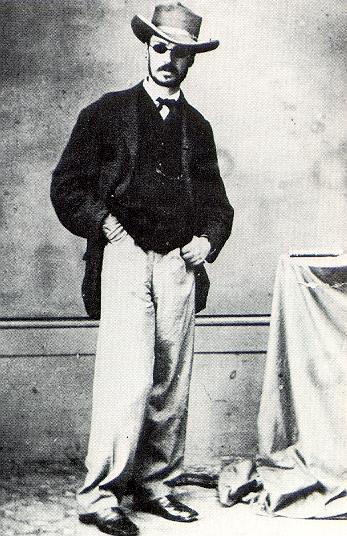Click here and press the right key for the next slide.
(This may not work on mobile or ipad. You can try using chrome or firefox, but even that may fail. Sorry.)
also ...
Press the left key to go backwards (or swipe right)
Press n to toggle whether notes are shown (or add '?notes' to the url before the #)
Press m or double tap to slide thumbnails (menu)
Press ? at any time to show the keyboard shortcuts

There Are No Habitual Actions
habitual vs habitual
‘A habitual action, state, or way of behaving is one that someone usually does or has, especially one that is considered to be typical or characteristic of them.’
--- collinsdictionary.com
habitual process
Action occurs in the presence of Stimulus.
Outcome follows action
Agent is thereby rewarded
Stimulus-Action Link is strengthened due to reward
Given Stimulus, will Action occur? It depends on the strength of the Stimulus-Action Link.
‘goal-directed’ process
Action leads to Outcome.
Belief in Action-Outcome link is strengthened.
Agent has a Desire for the Outcome
Will Action occur? It depends on the Belief in the Action-Outcome Link and Agent’s Desire.

use the glossary
[trick question] Which of these are when are these habitual actions:
winding up your watch;
doing your teeth;
smoking tobacco;
watching TV;
cycling the same route home every day;
taking out your key on getting home;
undressing for bed?
habitual process
Action occurs in the presence of Stimulus.
Outcome follows action
Agent is thereby rewarded
Stimulus-Action Link is strengthened due to reward
Given Stimulus, will Action occur? It depends on the strength of the Stimulus-Action Link.
‘goal-directed’ process
Action leads to Outcome.
Belief in Action-Outcome link is strengthened.
Agent has a Desire for the Outcome
Will Action occur? It depends on the Belief in the Action-Outcome Link and Agent’s Desire.

‘Who is there that has never wound up his watch on taking off his waistcoat in the daytime, or taken his latchkey out on arriving at the door-step of a friend?
Very absent-minded persons in going to their bedroom to dress for dinner have been known to take off one garment after another and finally to get into bed, merely because that was the habitual issue of the first few movements when performed at a later hour.’
(James, 1901)
Are these habitual?
inconsitent with current preferences -> habitual processes
the same action
can be a consequence of habitual processes
at one time
but not another